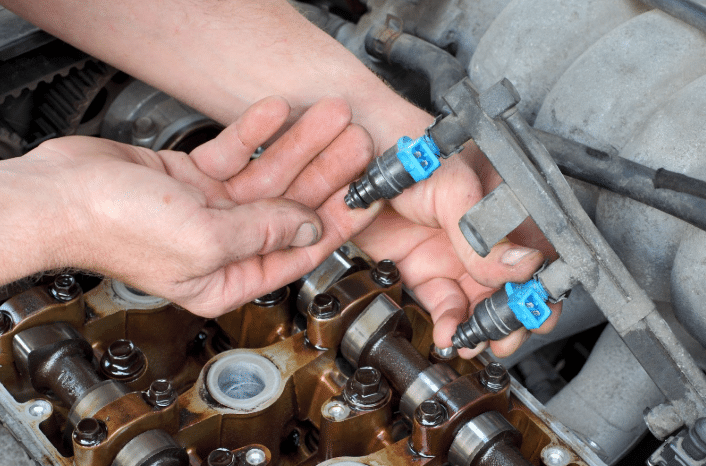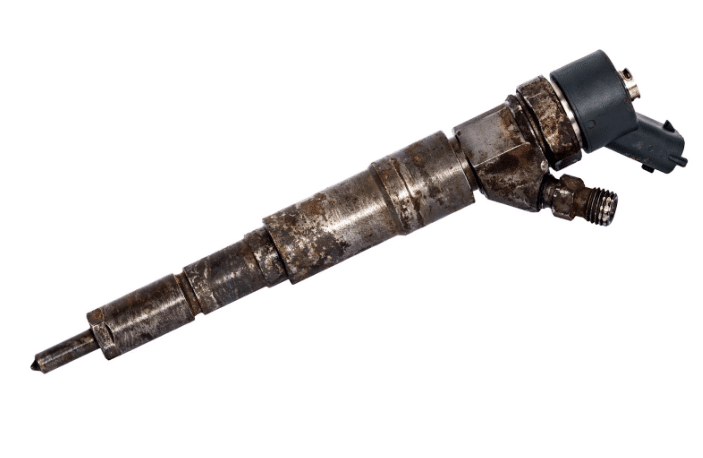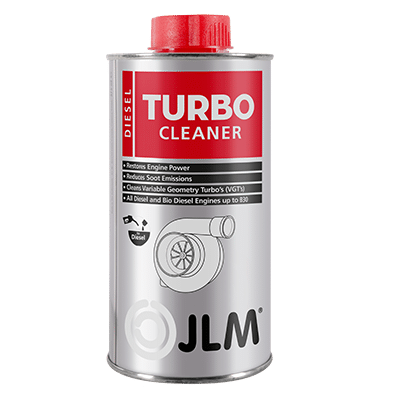Fuel injectors play a vital role in delivering the right mix of air and fuel to your engine for optimal performance and when they fail, this can cause serious problems for your vehicle. Fuel injector issues sneak up on even the most careful drivers and can lead to frustrating performance issues, unexpected repair bills and even MOT failure. But the good news? Most fuel injector issues are preventable with a bit of guidance and the right products.
In this article, we’ll cover the most common causes and symptoms of fuel injector failure, how to fix fuel injector problems, and how to prevent them altogether. Whether your engine’s misfiring or you’re just trying to keep your vehicle running smoothly, we’ve got you covered.

What are the main causes of fuel injector failure?
When experiencing fuel injector failure, the following issues are often the main culprits:
Fuel contamination and poor fuel quality
Dirty fuel or fuel with high ethanol content can leave behind deposits that affect injector spray patterns and performance.
- Debris in the fuel: Tiny particles like rust or dirt can clog the injector nozzle, especially if the fuel filter hasn’t been replaced regularly.
- Water in the fuel: Water entering the fuel system through condensation or contaminated fuel can corrode injectors and other key components.
Clogged and dirty fuel injectors
Daily driving leads to a gradual build-up of carbon deposits, especially in petrol direct injection engines.
- General debris build-up: Fuel varnish, soot, dirt, and rust can all collect inside the injector over time, causing blockages and reduced fuel flow.
- Heat soak: When a hot engine is shut off, residual heat can “cook” fuel inside the injector, forming stubborn deposits.
Fuel injector leaks
Damaged injector seals or cracked components, often due to general wear and tear or deposit build up, can lead to fuel leaks, hard starts, and strong fuel odours.
Fuel injector failing to open or close
A fuel injector malfunction, whether failing to open or close, disrupts proper fuel delivery. Failure to open is often caused by faulty windings due to electrical issues or rust buildup and results in insufficient fuel. In contrast, failure to close stems from a faulty spring or accumulated debris like rust or additives hindering its operation and leads to over-fueling.
What are the symptoms of bad fuel injection and failure?
As with all problems that your vehicle may experience, fuel injector failure can present itself through a variety of symptoms that we explore below:
- Rough idling: The engine shakes or vibrates at a stop due to inconsistent fuel delivery.
- Poor fuel economy: Clogged or leaking injectors can cause the injectors to not deliver the correct amount of fuel, leading the engine to run less efficiently.
- Engine misfires and starting issues: You may feel jerking or hesitation when accelerating, or even have difficulty starting your vehicle, often due to a single injector underperforming and delivering incorrect fuel-air mixture.
- Check engine light: The first sign people may experience is their warning light coming on. Many modern vehicles will flag injector-related faults via these onboard diagnostics.
- Increased emissions or MOT failure: A failed fuel injector can increase harmful emissions, which may result in an MOT fail.
- Fuel smell: If you smell a strong raw fuel smell, this could indicate that there is an issue with the fuel injectors such as a leak.
- Smoke: If the fuel injectors are stuck open, they will often be delivering too much fuel which will be burnt and cause black smoke. In contrast, poor fuel injector performance (causing a lack of atomisation) or a coolant leak can lead to incomplete combustion and white smoke.

How to fix fuel injector problems and prevent them
Looking to fix a fuel injector issue without breaking the bank? Preventative care and quality fuel system additives are your best line of defence. Regular use of a fuel injector cleaner can remove deposits, restore spray patterns, and keep your engine running efficiently. For more serious cases though, replacement at a garage may be required.
Cleaning fuel injectors: your first step
When faced with a dirty or clogged injector, the most cost-effective first step is fuel injector cleaning. This not only helps restore performance but also avoids costly repairs or injector replacements. Regularly using the right additive can clean the entire fuel system and act as a maintenance job, reducing emissions and improving overall performance of your vehicle.
Here are some of JLM’s trusted solutions:
- JLM Petrol Injector Cleaner (J03130) – Perfect for regular maintenance and everyday fuel system cleaning.
- JLM Petrol Emission Reduction Treatment (J03150) – Ideal for reducing emissions before an MOT test.
- JLM Petrol Extreme Clean (J03155) – Formulated for poorly maintained vehicles and heavy carbon build-up.
- JLM Diesel Injector Cleaner (J02320) – Cleans the fuel system, reduces DPF soot, and improves power and fuel efficiency.
- JLM Diesel Emission Reduction Treatment (J02370) – Targets all parts of the fuel, combustion, and exhaust system.
- JLM Diesel Extreme Clean (J02360) – Very powerful additive that quickly cleans and restores the turbo, fuel system, DPF, and related components.
- JLM GDI Injector Cleaner (J03170) – Specially developed for direct injection engines.
- JLM Petrol Hybrid Injector Cleaner (J03195) – Designed for hybrid engines with frequent start-stop cycles.
By regularly using these products, you’ll not only resolve minor fuel injector issues, but you’ll also help prevent larger problems from occurring, saving time and money in the long run.
Common FAQs about fuel injector problems
Out of all of the causes, what is the most common cause of fuel injector failure?
The most common cause is fuel contamination and clogging due to fuel deposits. Over time, carbon, varnish, and other residues accumulate inside the injector, restricting fuel flow and causing performance issues.
How do you test a fuel injector to see if it’s working?
Professionals use diagnostic tools to test injector function, including electrical resistance and fuel flow. DIY checks include listening for a clicking sound when the engine runs or using a scan tool to read fault codes. For accurate testing, we always recommend consulting a professional mechanic.
How much does it cost to replace a fuel injector?
Injector replacement can range from £150 to £500 per injector, depending on the vehicle make and age, and the labour and parts required for the replacement. That’s why using a quality fuel injector cleaner regularly is a smart, affordable preventative step.

